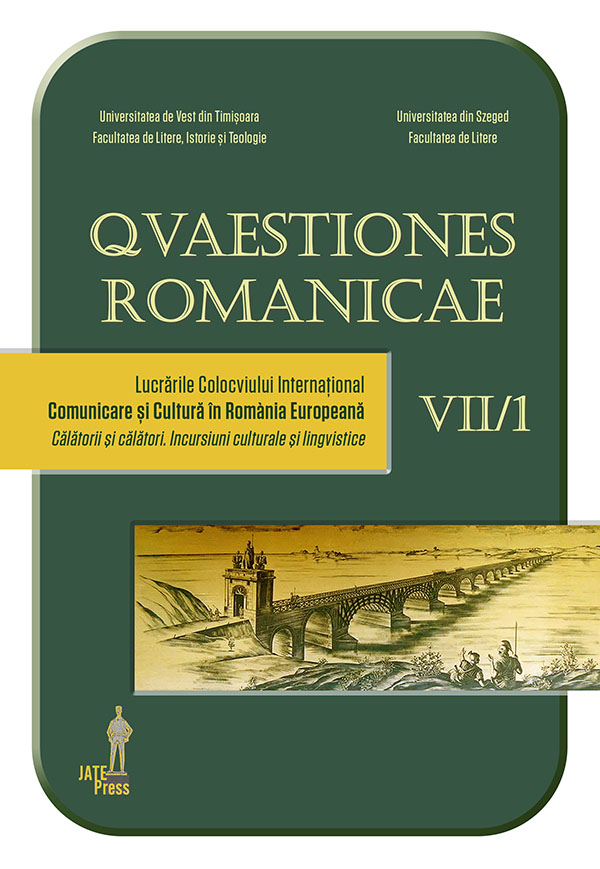L’Ère des réformes, l’âge d’or des voyages en Hongrie ?
Abstract: (The Era of Reforms, the Golden Age of Travelling in Hungary?) During 1830-1840 travelling in Hungary (and in Central Europe) becomes really fashionable. Travel narratives are more numerous and more detailed than before, a sometimes critical, sometimes condescending view manifests. The authors of certain travel narratives make a real diagnosis of the problems of the Hungarian society and they even give advice for the future. Their texts will be considered as major because of their social status (the ‘visibility’) and also because of the depth of the (social) analysis. On the basis of these narratives, the aim of the study is to examine, firstly, the reasons of travelling in Hungary and the factors influencing the view and perception about it. Then the representation of the society will be analyzed. A particular emphasis will be laid on the problems identified by the authors as well as on their suggested solutions. Even if everyone does not agree with the Hungarian reformists, the majority of the authors assess the same errors along with a burdensome historical heritage which prevented the country from flourishing. That is how the picture of a promising but backward country is drawn, whose problems and conflicts can be ignored, perceived or even treated. Yet, their approach always depends on the humanist, condescending or hostile attitude of the traveller who, nevertheless, remains the hero of his narrative.
Keywords: French, Hungary, Era of Reforms, major narratives, perception.
Résumé : Une véritable vogue des voyages en Hongrie (et en Europe centrale) a eu lieu pendant les années 1830-1840. Les récits sont non seulement nombreux, mais aussi plus détaillés qu’auparavant, et une une vision tantôt critique tantôt condescendante se fait apercevoir. Les auteurs de certains récits vont jusqu’à établir un véritable diagnostic des maux de la société hongroise et donnent même des conseils pour l’avenir. Leurs textes seront considérés comme majeurs, en raison du statut social (la « visibilité ») des auteurs, l’importance des textes et la profondeur de l’analyse (sociale). En nous appuyant sur ces récits, nous essaierons d’abord de saisir les motifs du voyage en Hongrie et les facteurs influençant la perception et la vision. Nous étudierons ensuite la représentation de la société. Un accent particulier sera mis sur l’identification des problèmes par les auteurs et les remèdes proposés. Si tout le monde n’est pas d’accord avec les réformistes hongrois, la majorité des auteurs constate les mêmes erreurs et un lourd héritage de l’histoire, empêchant que le pays soit à la hauteur de ses ressources. Il se dessine alors le tableau d’un pays prometteur mais arriéré, dont les maux et les conflits peuvent être ignorés, aperçus voire traités. Cependant, leur approche dépend toujours de l’attitude humaniste, condescendante ou hostile du voyageur qui demeure malgré tout le protagoniste de son récit.
Mots-clés : Français, Hongrie, Ère des Réformes, récits majeurs, perception.
